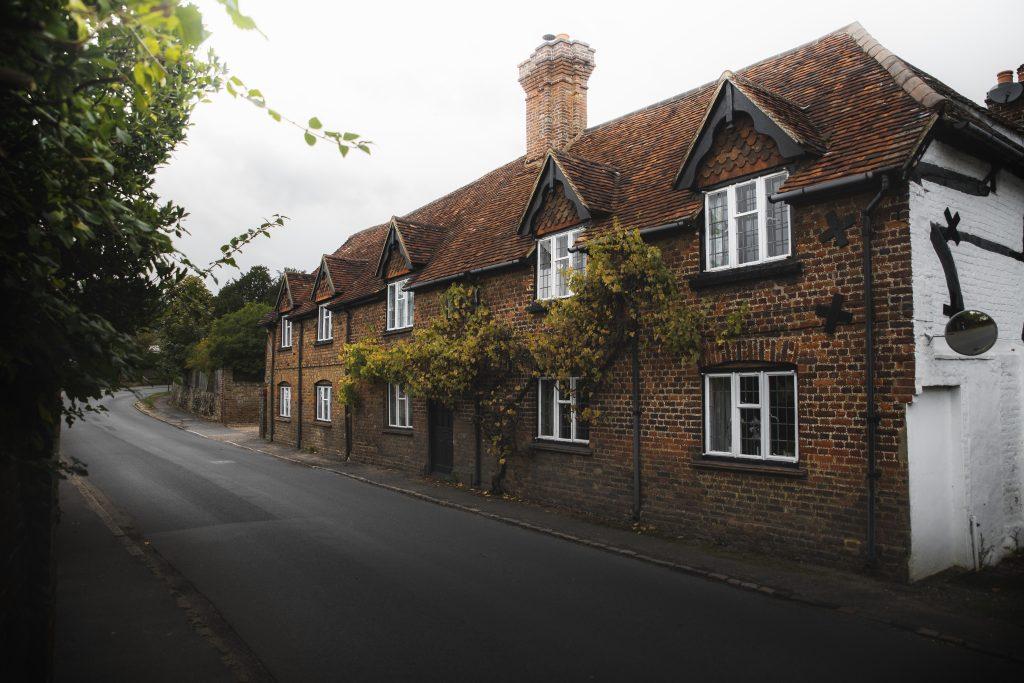It’s Almost Time to Celebrate Boxing Day.
Kara Hyden

What? There’s a day that celebrates people that box for sport?
No. The day after Christmas, December 26, several countries around the world, including Canada, Australia, South Africa, New Zealand, and the United Kingdom celebrate Boxing Day. In some European countries such as Hungary, Germany, Poland, and the Netherlands, it’s a second Christmas Day and a public holiday. Most offices are closed when it falls on a weekday.
So what is Boxing Day?
Centuries ago, Boxing Day was when wealthier people boxed up presents as offerings for the poor. Today, the holiday involves shopping, feasting on delicious foods, enjoying sports, and spending quality time with family and friends.


But how did this day come about? What is its purpose?
Several theories exist.
The British Broadcasting Company says Boxing Day got its name from the 1800s when Queen Victoria held the throne. Since servants were required to work on Christmas, their employers would fill a box with gifts, money and leftovers and give it to them the day after Christmas, and they would share with their families.
Another theory comes from ancient churches with alms boxes. It’s said that on December 26, clergy members would give these funds to the poor in honor of the feast of St. Stephen, a Christian martyr known for charitable acts. In Ireland, Boxing Day is also known as St. Stephen’s Day.
The theory that Boxing Day derives from St. Stephens Day is found in the Christmas carol, “Good King Wenceslas.” It tells the story of the Duke of Bohemia in the 10th century when he observed a poor man on his land, struggling to gather wood in the middle of a snowstorm. He was so moved, he gathered food and wine and delivered it to his door, inspiring a tradition.
Regardless of the actual origins of the holiday, it’s clear that the day is characterized by charitable giving, gifts, and celebrations with family.
But there are a few other ways it’s celebrated today. Some see Boxing Day as a day to spend with family they didn’t get to see on Christmas, by gathering for meals, drinking at pubs, or simply enjoying the day off at home. Some see it as a day to overindulge on the leftovers; inviting friends over to enjoy festive foods. Some like to celebrate by going shopping; in some countries Boxing Day is considered the “Black Friday” akin to the one in the United States in November. It’s said that people will stand in line for hours to snag some of the best discounts of the season. Sound familiar?
And still, while Boxing Day has nothing to do with sports, it has become a day to watch football (soccer for us U.S. folks). Tracking back to the 1950’s, before the days of television, people would dress up and attend football matches on December 25 after eating. But the attitude toward sports on Christmas Day in the United Kingdom changed and the last football match to take place on Christmas occurred in 1957. So Boxing Day has become the day for all sports fans to get their fix.
And yet a final tradition is known as the Boxing Day Dip. This is when adventurous participants dress in fancy clothes and take a dunk in the freezing cold sea. Although this polar plunge tradition is still alive and well today, most brave swimmers are donning Santa hats or suits rather than their nicest formal attire.


